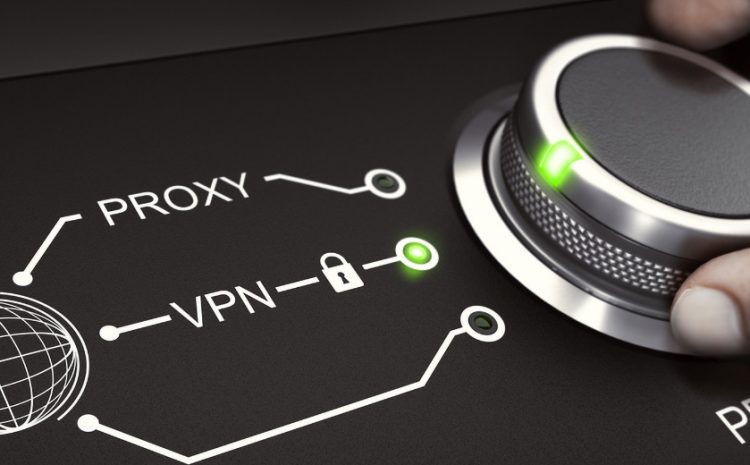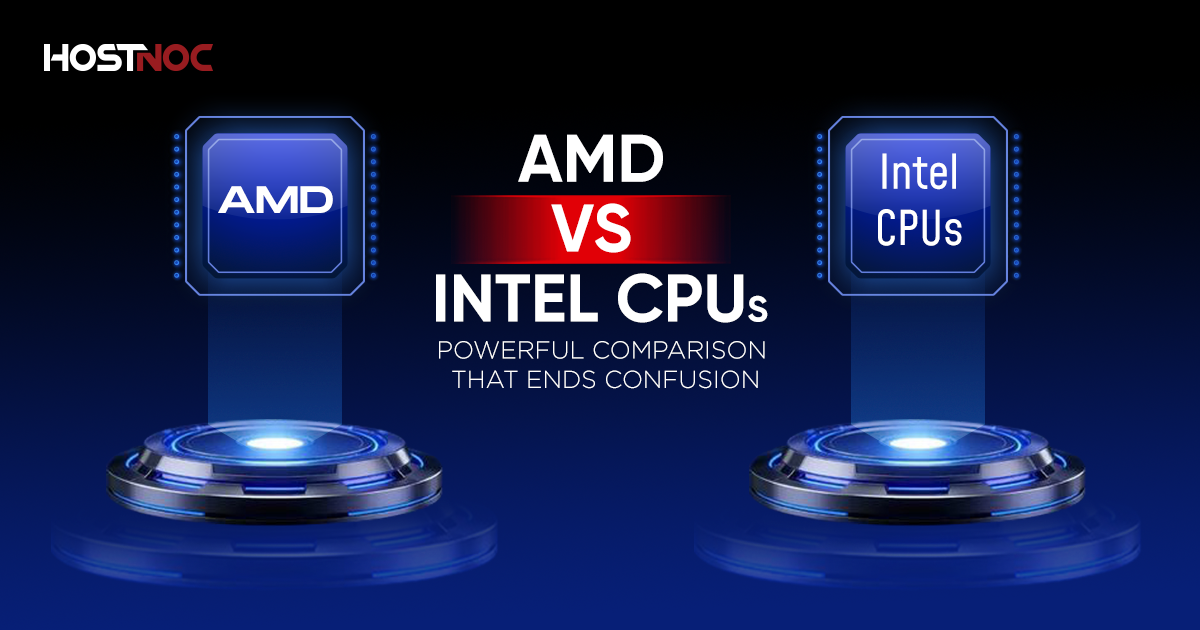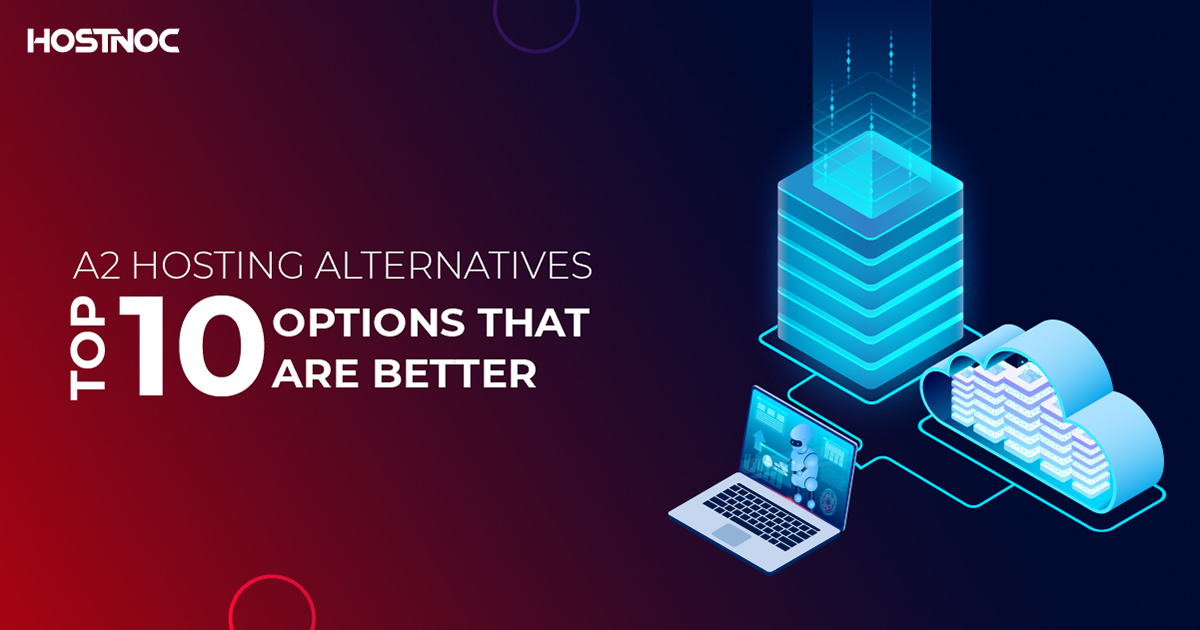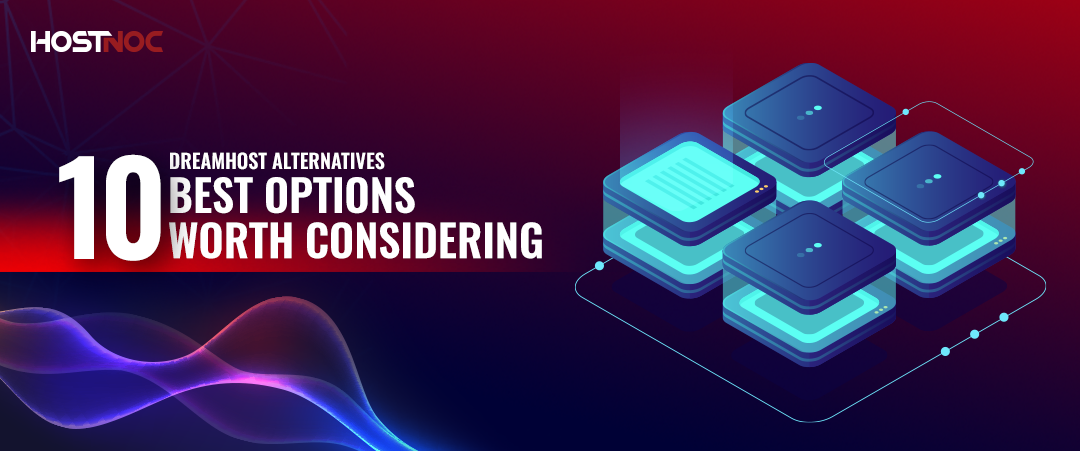Blogs

6 Ways in Which AI Will Impact Cybersecurity In 2020
January 28, 2020
Jorge Lopez, A Certified AWS Architect and IAB Professional Talks About Web Hosting
February 21, 2020The growing security and privacy concerns on the internet, increasing surveillance and censorship and inability to access international content have forced businesses to hide their identity and browse the web anonymously. To overcome all these challenges and keep their browsing session private, they opt for either a VPN or use a proxy.
Although, proxy and VPN might look similar, both work in a completely different way. It is important to understand how both VPN and proxy work before choosing the right one for your business.
In this article, HOSTNOC compares Proxy vs VPN and tells you which one your business should choose and why.
Proxy Vs VPN: Which One You Should Choose and Why?
What is a Proxy?
Proxy servers are bridges that connect users with the internet. Every user request passes through a proxy server and then connects to a website. The proxy server masks your IP address, which adds an extra layer of security to the network layer. It controls everything from traffic, network connectivity and application performance.
Benefits of Using Proxy Servers
Here are some of the advantages of using proxy servers.
- Hides your IP address
- Access blocked content
- Reduces page load times
Thanks to its efficient cache system, proxy servers deliver a much better user experience as websites you have already visited are fetched directly from cache. Moreover, it let you bypass content restrictions and help you access websites and services that are blocked in your region by masking your IP address. This prevents you from getting tracked so you can browse the web anonymously.
Disadvantages of Using Proxy Servers
Some of the disadvantages of using proxy servers are as follows:
- Compatibility issues
- Identity and data theft
The active cache system of a proxy server also stores your passwords and other sensitive information. What’s even worse is that this data is easily available to the proxy server provider. This increases the risk of data and identity theft. Then there are network incompatibility issues. This forces you to either get a proxy server that is compatible with your local network or configure the proxy server to match your local network or vice versa.
When to Use a Proxy?
Proxies are a great choice for:
- Corporate Security
- Ad Verification
- SEO Monitoring
- Travel Fare Aggregation
Proxy servers offer you corporate security by adding an additional layer between your system and public traffic. When you are using a proxy server, hackers can’t get access to your systems, they can only reach up to the proxy. You can also aggregate data and get the best deals from hotels, travel agencies, flight booking apps and airlines by using proxies. Digital marketers can use proxies to check their search engine rankings and paid advertisements. This allows them to evaluate whether their ads are visible to the right audience or not.
What is a VPN?
A VPN creates a private network and provides you the facility to browse the web anonymously. To ensure the safety of your packets, a VPN client will encrypt your data which is being sent over a network. The data first passes through the VPN then moves through the network.
Advantages of VPN
There are many benefits of using a VPN. Some of them are as follows:
- Online anonymity
- Security and privacy
- Access region-blocked services and websites
- Remote access
- Avoid censorship
- Escape data and bandwidth throttling
Disadvantages of VPN
Some of the downsides of using a VPN are as follows:
- Complex setup process
- Performance issues
- Slow internet speed
- Platform compatibility issues
The complicated setup process might put off many businesses especially if they have to set up a private network in their business premises. You will also bump into some performance issues when using a VPN on a private network. When you are using a VPN connection, it adds an extra layer of privacy, which can slow down your internet speed and increase page load times.
HOSTNOC business VPN helps you overcome all these issues by offering a hassle-free setup process, a private server so you can get the best speed and ensures your private information stays private. This makes it a great VPN for small businesses as well as large scale enterprises.
When You Should Use a VPN?
If you are one of those businesses that are privacy-conscious then using a business VPN is a good option. VPNs can also be a great choice for those who want to get over all the online restrictions and access everything they want. Users who tend to use public wireless networks frequently should also use VPN to keep their web browsing sessions private.
Which one you should consider a winner in Proxy Vs VPN battle? Let us know in the comments section below.
Featured Post
AMD vs Intel CPUs: Powerful 2026 Comparison That Ends Confusion
Table of Contents AMD vs Intel: Ultimate CPU Comparison What Is the Difference Between AMD and Intel? Key points in the AMD vs Intel CPU comparison: […]
A2 Hosting Alternatives: Top 10 Options That Are Better
A2 Hosting has long been a popular choice for web hosting, known for its speed and high-performance servers. However, there are several other hosting providers out […]
DreamHost Alternatives: 10 Best Options Worth Considering
When it comes to web hosting, DreamHost is one of the top names that often comes to mind. Known for its solid performance, reasonable pricing, and […]












